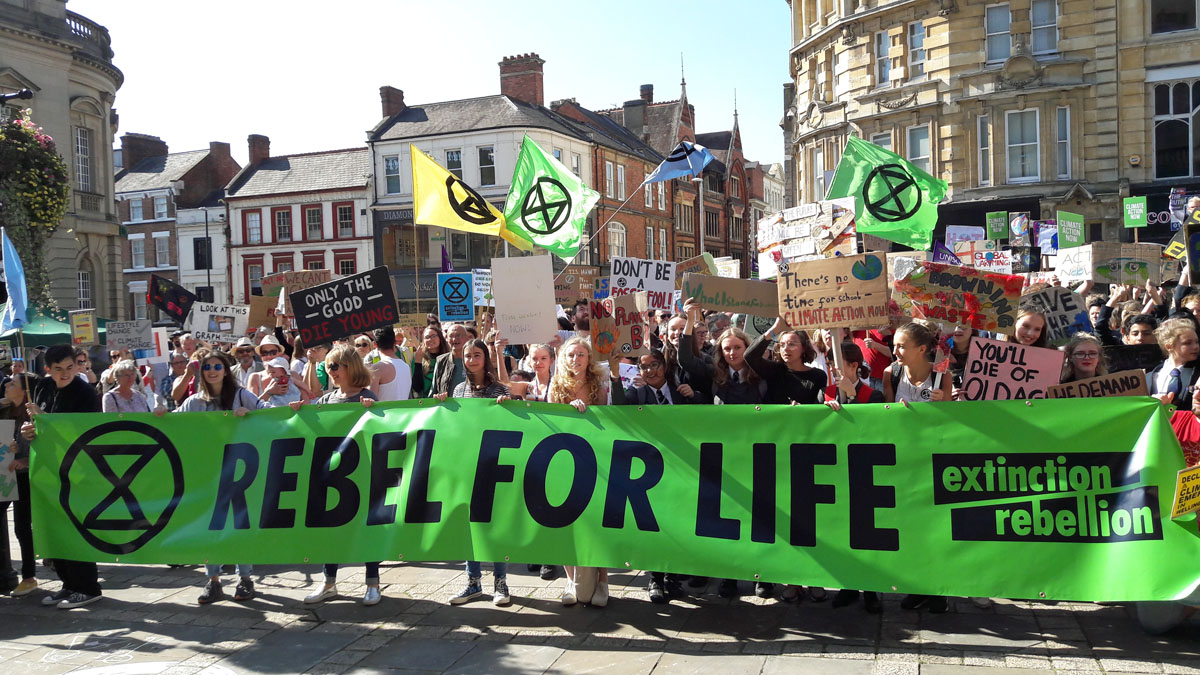Last Friday, people on every continent on Earth participated in one of the biggest coordinated protest marches in history — some 4 million people marched from Berlin to New York to even Antarctica.
On Monday the disruptions continued, with multiple people arrested in Washington D.C. for blocking traffic as part of a climate protest. And next month, Extinction Rebellion, the U.K.-based group which was responsible for major demonstrations in London earlier this year, is planning another huge protest.
It’s an extremely heartening demonstration of the rise of a new generation of climate radicals — young people all over the planet, like Sweden’s Greta Thunberg, who are attempting to force political systems around the world to stop dithering and tackle the biggest problem facing human society.
An important background to these protests is the fact that even at this late date, the worst of climate change could still be avoided. The technical obstacles are real but surmountable — indeed, the pace of technological advancement (and associated price decreases) for renewable technologies of all kinds have consistently outpaced expert predictions. It would take a gigantic effort to avert catastrophe, but it could be done.

Climate Strike Northampton 20 September 2019 (Image: T. Larkum)
Now, the major obstacle to climate action is a threefold political problem: first, the massively profitable vested interests in carbon fuels and all the associated downstream users of that energy; second, the worldwide climate denial movement (heavily funded in turn by Big Carbon); and third, the lack of willpower from political moderates.
One peculiar aspect of this new climate radicalism compared to previous radical movements is that, on its face at least, it does not demand for a wholesale restructuring of society. Thunberg and company do not demand new constitutional structures, or collective ownership of the means of production, or anything similar — but only that existing major parties live up to their expressed commitment to head off climate change. (The U.S. Republican Party is the only major party in any big country that denies the science outright.)
Of course, the hour is so late that any sufficient climate justice plan would necessarily have gigantic economic ramifications — above all the wholesale deletion of all property rights in buried carbon reserves, which would constitute the greatest expropriation of wealth since the emancipation of the slaves. But it’s still possible to imagine a society which is largely similar to today’s, only with low-carbon sources of power. Why hasn’t this happened?
Read more: The Week



